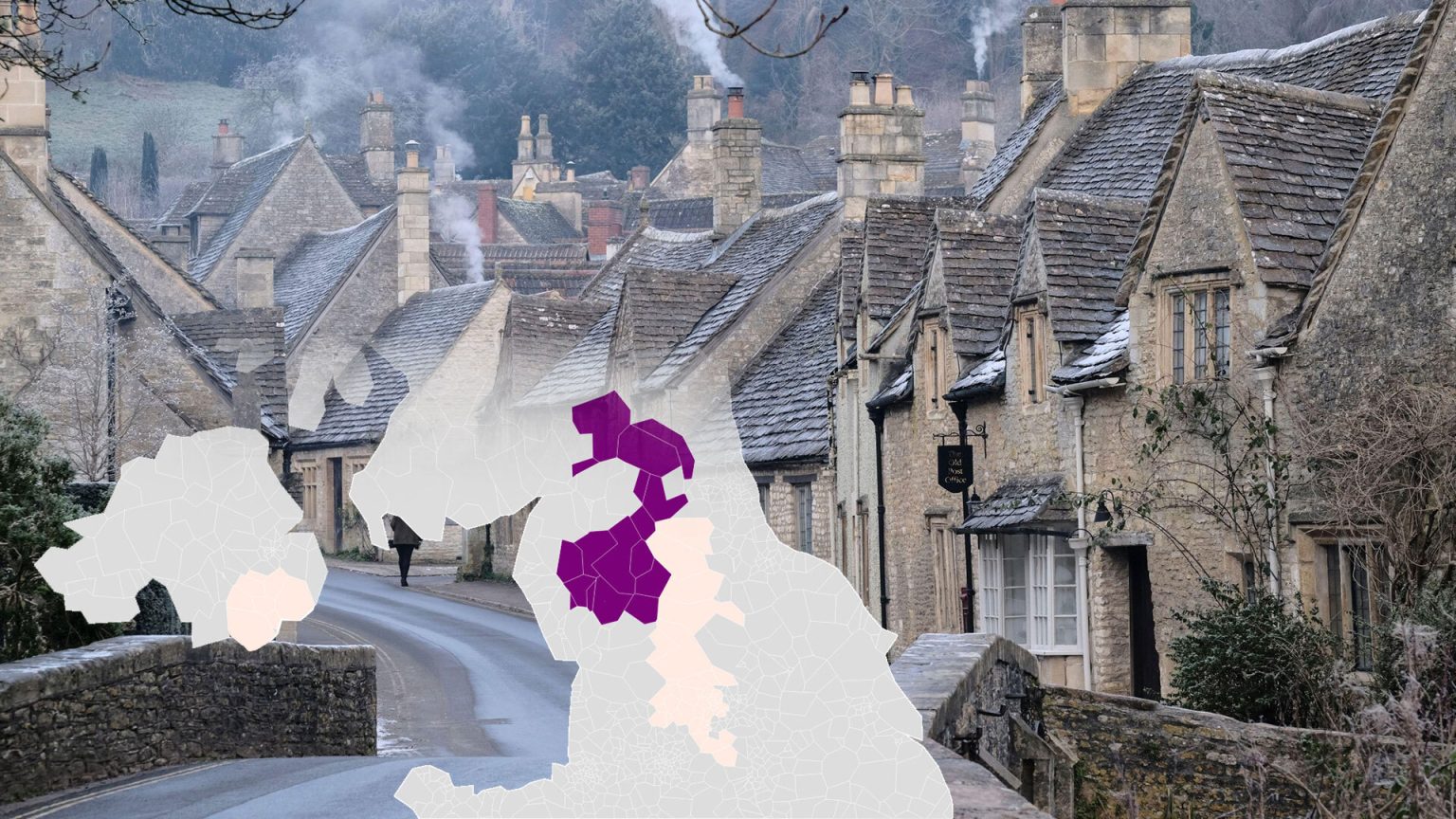The Department for Work and Pensions (DWP) is providing Cold Weather Payments to eligible households across England, Wales, and Northern Ireland to alleviate the financial burden of heating costs during the ongoing cold snap. These payments, totaling up to £50, are triggered when the average temperature in a specific postcode area drops to zero degrees Celsius or below for seven consecutive days. Currently, 18 postcodes qualify for two payments, amounting to £50, while another 59 postcodes are eligible for a single £25 payment. The scheme continues until March 31st, allowing for multiple payments if further cold spells occur. Importantly, these payments are automatic and require no application; eligible recipients will receive the funds directly into their bank accounts within 14 days of their postcode being triggered. Households in Scotland receive a Winter Heating Payment instead of the Cold Weather Payment.
Eligibility for Cold Weather Payments hinges on receiving certain qualifying benefits, including Pension Credit, Income Support, income-based Jobseeker’s Allowance (JSA), income-related Employment and Support Allowance (ESA), Universal Credit, and Support for Mortgage Interest (SMI). For those receiving Universal Credit, additional criteria apply. Eligibility is contingent on being unemployed or gainfully self-employed (meaning working regularly with the expectation of profit), or having a partner who meets these employment conditions. Further qualifying criteria include having a health condition or disability with limited capability for work, having a child under five living in the household, or having a disabled child included in the Universal Credit claim. Recipients of other qualifying benefits may also have specific criteria to meet, and it is crucial to inform the Jobcentre Plus of any children under five or receipt of Income Support, JSA, or ESA to ensure payments are processed correctly.
Beyond Cold Weather Payments, a range of other financial assistance programs are available to help households manage energy costs. Online benefits calculators, provided by organizations like Turn2Us, Entitledto, MoneySavingExpert, StepChange, and Policy in Practice, offer a preliminary assessment of eligibility for various benefits, tax credits, and Universal Credit. While these calculators provide estimates, a formal application is required to determine precise entitlement. Additionally, energy suppliers often offer tailored support schemes for struggling customers, including grants, repayment plans, and debt management assistance. These schemes vary by supplier and eligibility criteria, so contacting your provider directly is essential to explore available options.
Energy suppliers also offer support through the Priority Services Register (PSR), designed to protect vulnerable households, including the elderly and those with disabilities or chronic illnesses. The PSR provides benefits such as advance notice of planned power outages, free gas safety checks, and additional assistance during emergencies. Enrolling in the PSR is crucial for eligible households to access these vital protections. Furthermore, if facing financial hardship, contacting your energy supplier is the first step towards establishing a manageable repayment plan. Suppliers can often negotiate affordable instalments to avoid escalating debt and potential prepayment meter installations. Open communication with your supplier is key to finding a solution that fits your financial circumstances.
Several energy companies, including British Gas, Scottish Gas, EDF, E.ON, Octopus Energy, and Scottish Power, offer dedicated grant programs to assist customers struggling with energy bills. These grants can provide significant financial relief, with some, like British Gas, offering up to £2,000 in assistance. The British Gas Energy Trust and Individuals Family Fund offer additional support, with the latter being available to non-British Gas customers as well. Each supplier has specific eligibility criteria and grant amounts, requiring individual inquiries to ascertain available support. Proactively exploring these options can provide crucial financial relief during challenging times.
Navigating the landscape of available support can be complex, but resources are available to assist. The government website (gov.uk/cold-weather-payment) provides comprehensive information on Cold Weather Payments, including eligibility criteria and payment procedures. Similarly, the Northern Ireland Direct website (nidirect.gov.uk/articles/cold-weather-payment) offers specific guidance for residents of Northern Ireland. The DWP helpline (0800 731 0469) and local Jobcentre Plus offices also provide support and assistance with inquiries related to Cold Weather Payments and other benefits. For Universal Credit recipients, adding a note to their online journal can facilitate communication regarding payment concerns. By actively seeking out and utilizing these resources, individuals and households can access the support they need to manage energy costs and navigate financial challenges.




